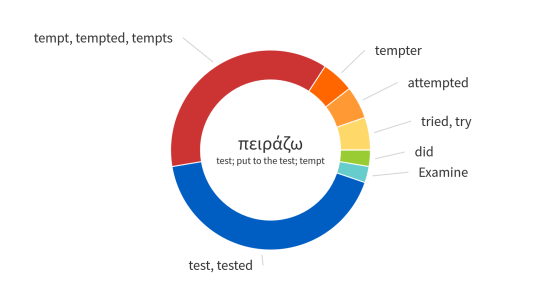Richard
Active Member
Could Jesus sin? If he couldn't, then doesn't this mean when he was tempted, it was not a real temptation?Answer
This answer is covered in a series by IIIM called the, "Apostles' Creed," (APC - 3rd Lesson) and the "We Believe in Jesus," (JES 2nd Lesson) video series. Here is a brief summary.The word "impeccability" means "inability to sin." Christians have used it for centuries to refer to the fact that Jesus was incapable of sinning. Theologians often talk about Jesus' impeccability in conjunction with His temptation because it was the time in his life when he would have been most likely to sin if that were possible (which it is NOT).
There are a few things worth saying about Jesus' impeccability:
- (1) Natures don't sin; only persons sin. Jesus is the second person of the Trinity. His person is fully divine. God can't sin. Therefore, Jesus can't sin.
- (2) There is no mixture or confusion between Jesus' natures. Impeccability is a divine attribute, and part of Jesus' divine nature. Divine attributes are immutable. Therefore, Jesus' human nature can't change his divine attribute of impeccability.
- (3) The ability to sin is not an essential human attribute. We lose the ability to sin when we are glorified. Therefore, one can be fully human without having the ability to sin.
Dr. Joseph R. Nally, Jr., D.D., M.Div.

